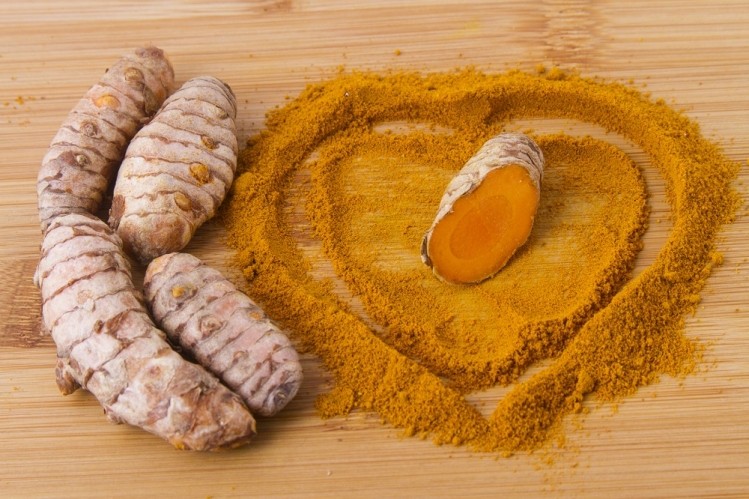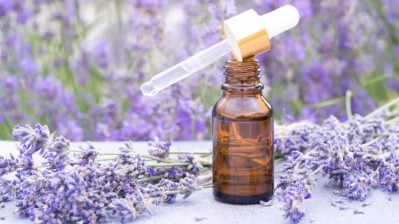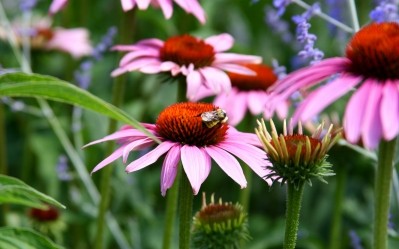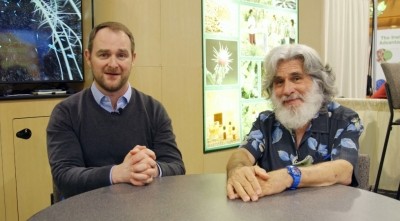Review outlines adulteration methods to deceive lab analytical techniques

The combination of increased demand for botanical supplements and medicines, supply chain and inflationary pressures, plus pressure on manufacturers and brands to offer products at competitive prices means economically motivated adulteration remains an ongoing issue.
A new review in the Journal of Natural Products provides a concise overview of the issue along with a list of the most common adulterants for key botanicals and the analytical methods the adulterants could deceive.
Led by Stefan Gafner, PhD, BAPP Technical Director, the authors also discuss appropriate test methods for the detection of this fraud.
“Since several types of adulteration may be observed for a single botanical ingredient, there is no standard quality control approach that can be used to detect all types of fraud,” wrote the authors in their review. “Ideally, for botanical ingredients that are confirmed as being subjected to adulteration, the use of an orthogonal testing protocol, which includes multiple complementary analytical methods, is warranted.”
Commenting on the paper, Dr Gafner, who is also the American Botanical Council’s Chief Science Officer, said: “The review is like the 30-second elevator speech of the work that has been done as part of BAPP over the past 12 years. I hope that this will encourage industry members to go to the BAPP website and utilize the valuable resources it contains more widely in order to combat adulteration in the herbal dietary supplement industry.”
“Education and awareness are the two most important criteria for identifying adulteration,” added Roy Upton, president of the American Herbal Pharmacopoeia (AHP) and co-author of the new review. “A great deal of ‘adulteration’ occurs unbeknownst to the buyer because the tests that are used are inadequate, analysts do not know what potential adulterants to look for, or the adulterations are so sophisticated that they fool even the best compendial or non-compendial tests.”
BAPP
BAPP was founded in 2011 by the nonprofit American Botanical Council (ABC) in partnership with the American Herbal Pharmacopoeia (AHP) and the National Center for Natural Products Research (NCNPR) at the University of Mississippi. The program’s goal is to help ensure the authenticity of botanical ingredients in consumer products.
Over the past 12 years, the program has published 79 peer-reviewed documents that confirm the presence of adulterated, fraudulent ingredients (mis)labeled as herbal raw materials, extracts, and essential oils.
“Throughout history, unethical people have adulterated foods, spices, and medicines,” said Mark Blumenthal, ABC founder and executive director, and founder and director of BAPP. “The explosive growth of the botanical medicine and dietary/food supplement market worldwide has attracted unscrupulous players who are interested more in profit than the health of the users of their ingredients or products. And now some of these fraudsters have gone so far as to manipulate their botanical extracts in such a way as to attempt to fool or trick the prevalent analytical methods in industry and third-party quality control laboratories.
“Our extensive research has documented this deplorable situation and will be highly useful to ethical industry members, academic researchers, and analytical laboratories in government regulatory agencies around the world.”
The paper was written by ABC’s Gafner and Blumenthal, AHP’s Upton, Ikhlas Khan, PhD, of NCNPR, John Cardellina II, PhD, a longtime BAPP consulting scientist, and the late botanist and author Steven Foster.
The review is dedicated to the memory of Foster and ethnopharmacologist Ezra Bejar, both of whom made substantial contributions to BAPP.
Source: Journal of Natural Products
2023; doi: 10.1021/acs.jnatprod.2c00929
“Botanical ingredient forensics: Detection of attempts to deceive commonly used analytical methods for authenticating herbal dietary and food ingredients and supplements”
Authors: S. Gafner et al.
















